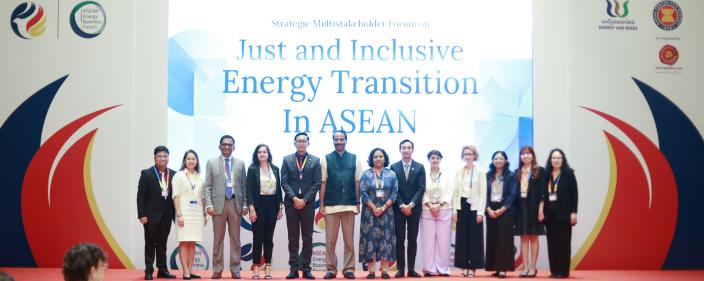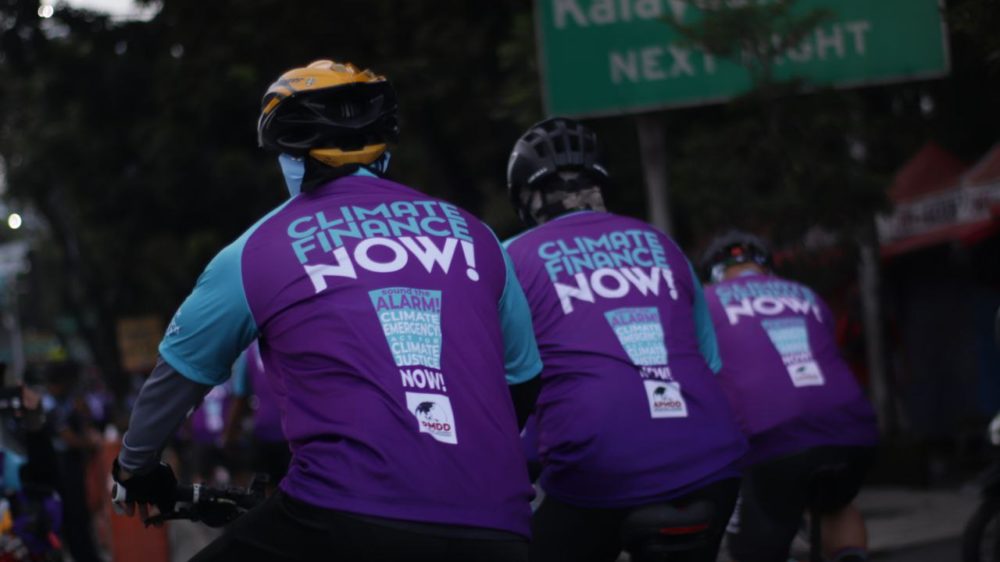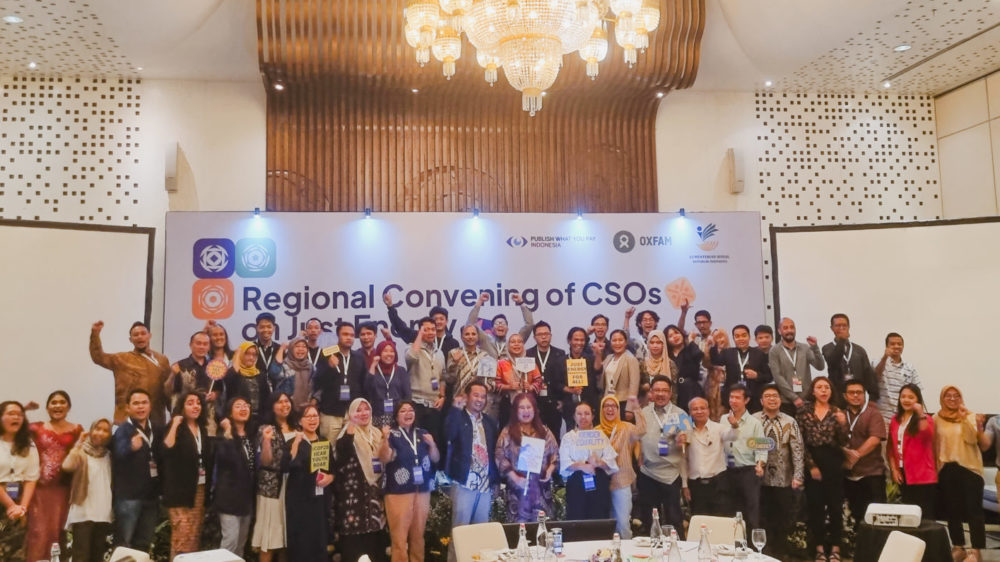𝖧𝖨𝖫𝖠𝖡𝖠𝖠𝖭 𝖨𝖲𝖫𝖠𝖭𝖣, 𝖤𝖺𝗌𝗍𝖾𝗋𝗇 𝖲𝖺𝗆𝖺𝗋 – Fish catch on this side of the Pacific is no longer as abundant as it used to be. The fisherfolks on this island are ambivalent about whether to sail and take chances or wait until further advice.
The weather seems unpredictable as well. When it should already be summer, monsoon rains come from time to time due to a brewing low pressure in the south, adding risk to fisherfolks at sea as it blurs the islands—an occurrence that has caused accidents in the past with fishing boats hitting rocks due to low visibility.
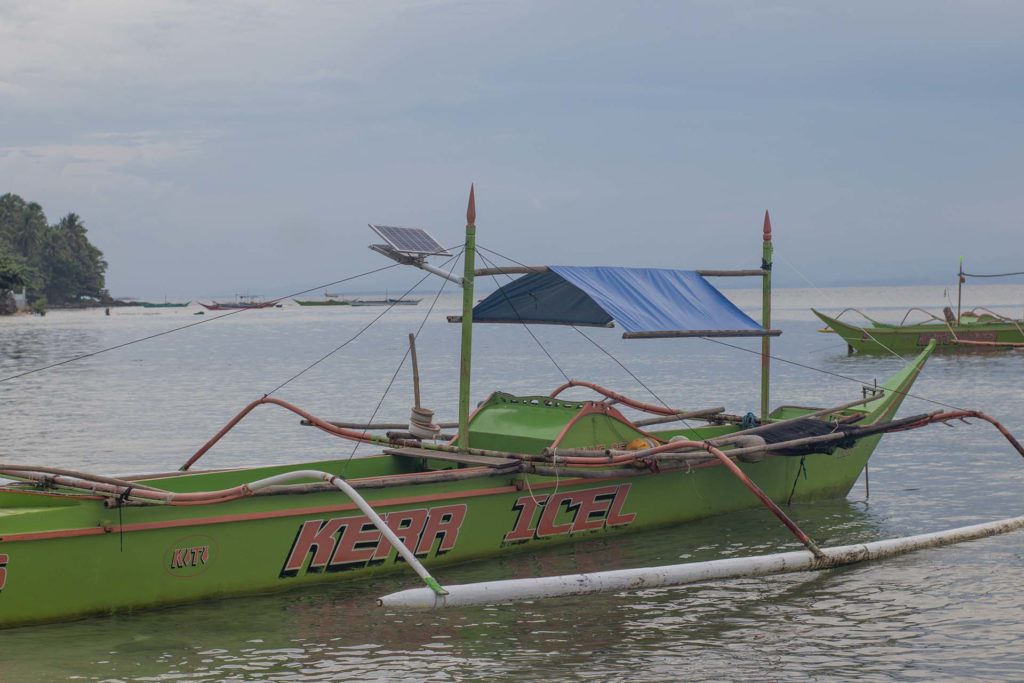
Noli Pomida, a 34-year old fisherfolk, takes time to check on his fishing boat Jasmine tugged at the beachfront to ensure it remains in top shape as he decided not to go out at sea one day. On ordinary days, he goes to the sea at 2 in the morning and returns in the afternoon.
The rows of boats on the beachfront indicate that only a few fisherfolk went to sea on that day as a number of them converged in the area that serves as some sort of a hangout where they get new updates that will make them decide whether to sail or stay.
The fisherfolks usually take a cue from fish traders in Dolores town who advise them if there is an abundant catch and where to get them based on the fish that arrives at the port.
Even at night, some fisherfolk remain at the beachfront to wait for some news. The tall solar-powered navigation lights lit up the island and served as a haven for fisherfolks. Noli said villagers often converge at night for some chit-chat, while others consider it a perfect mooring place since the light at night protect their boats.
For the island’s younger residents, the navigation lights, which also serve as street lights, are perfect spots for those who want to enjoy the breeze while surfing the internet for school work.
The solar-powered system is part of the Just Energy Transition project by Oxfam Pilipinas and Sentro para sa Ikauunlad ng Katutubong Agham at Teknolohiya (SIKAT). The project seeks to introduce a renewable energy solution to development issues of the community, such as the lack of street lights and poor navigational guides to fisherfolk.
The navigation lights addressed one of the most basic needs of our community. It eases our way of going to the sea and returning to this island. We can also easily transact when we want to sell our catch because the surroundings are well-lit.
Noli Pomida
Noli said the presence of the navigation lights on the island makes it easier for them to know where they should be heading, especially during bad weather when the islands become blurred.
“The light is visible from a distance. Even when it is dark, we know it is Hilabaan island because of the light. It serves as our guide when coming back,” Noli said.
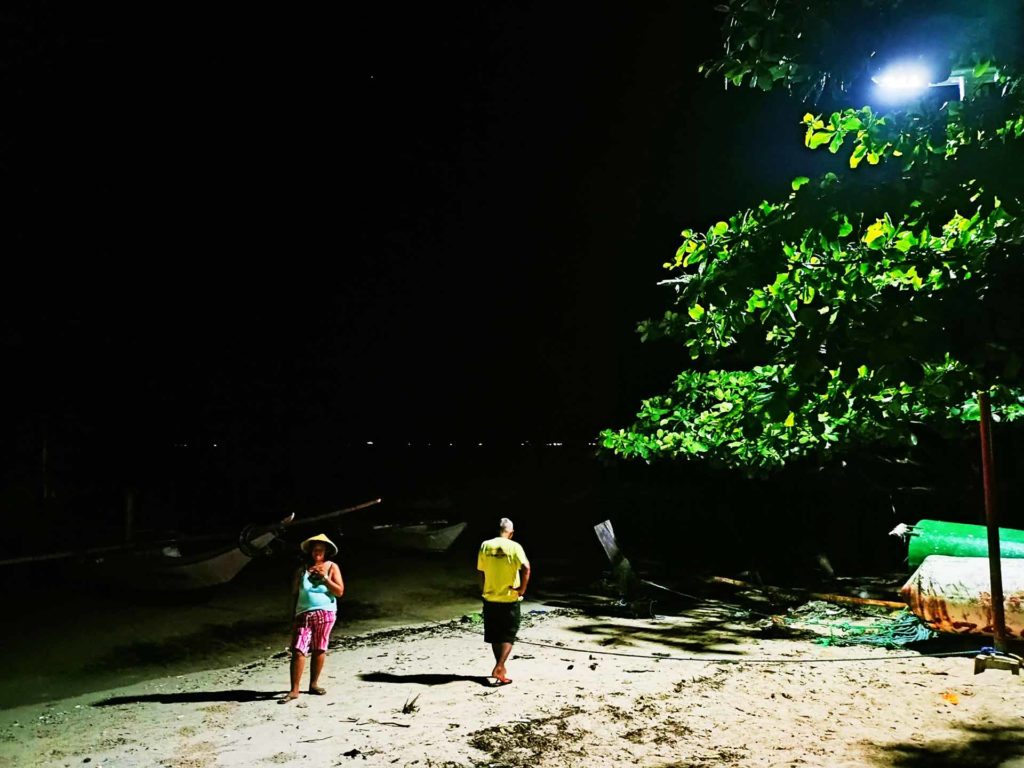
Before the introduction of the navigation lights, fisherfolks depended on blinkers that flashed from the island. Still, in many cases, they were too faint to be noticeable from afar. There were also instances when the blinkers conked out and were not usable for weeks.
“Many fishers had accidents in the past because their fishing boats would hit rocks. They would not know which places to avoid because it was too dark,” he said.
Fisherfolk in Hilabaan island have two traditional fishing grounds, the area they call luyo (back) which is the Pacific side and sulod (inside) which is the middle part between the island and Dolores town on the mainland.
On the Pacific side, they get high-quality fishes that sell at a higher price in the market such as tuna, mackerel, and blue marlin. The waters surrounding the island, fishers can also catch solosogi (marlin), swordfish, budlis (skipjack tuna), dilis (anchovy), and tangigue (Indo-Pacific mackerel).
Reynaldo Catuday, village chief of Hilabaan, agrees to the need for more navigation lights as he hopes the project can put two more navigational lights in other locations to avoid the recurrence of the many accidents at sea that happened in the past. “There are shallow areas approaching the island,” he said.
“The barangay is willing to put up a counterpart, the labor at least, so we can have them,” he said. “These will help bring our fisherfolks back home safely and when going to the sea. At least our docking areas are lit as they head out to the sea.”
The presence of lights along the shoreline also allows fisherfolks to transact business with buyers as soon as they come home, even when it is still dark.
In the first week of May, during the season for anchovy, the shoreline was teeming with people waiting for the fishers to have the first priority in buying the catch.
“Transactions were done here because there is sufficient light now unlike before when we had to rely on flashlights. There were instances in the past where the fisherfolk and the buyer would debate on the actual weight because the weighing scale was not clear to them,” he said.
Despite the dwindling and uncertain catch, some fishers continue to take chances. Noli said there are times when he comes home without a catch, sometimes with only a few pieces just enough for a single meal and on rare occasions he comes home with a bounty.
“If we are lucky, we can catch as much as 80 to 100 kilos of good quality fish,” he says.
He said the rising prices of gasoline remain the biggest reason why many of them are reluctant to go fishing at this time.
“Some are taking their chances to go out to fish because they need money and for other expenses in the family,” he added.
He likens the uncertainty of local fishing to being lost at night in the sea.
“I always tell myself, just follow the light, and it will bring you home.”
